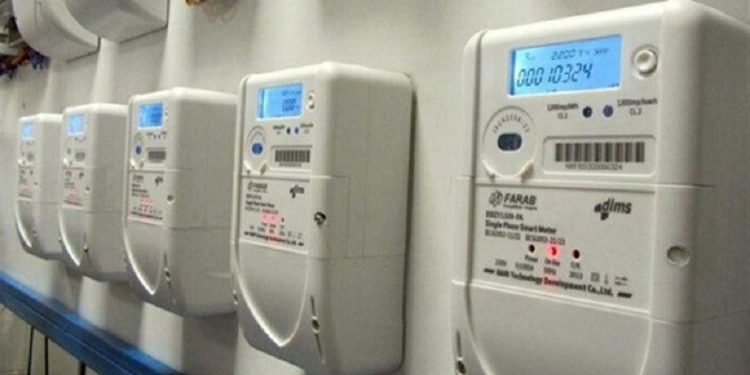Despite significant progress in increasing the number of metered electricity consumers in Nigeria, the issue of estimated billing remains a persistent challenge, according to the latest data from the National Bureau of Statistics (NBS). The data shows that while the number of metered consumers grew by 48.5% between 2019 and the first quarter of 2024, the practice of estimated billing also saw an increase of 11.6% during the same period.
Between 2019 and 2024, Nigeria witnessed a substantial increase in metered electricity consumers, rising from 3,976,940 in 2019 to 5,907,644 by the first quarter of 2024. This growth represents a notable 48.5% increase over five years, driven by government initiatives and the efforts of power distribution companies (DisCos) to expand metering coverage. The year-on-year breakdown reveals steady progress: 4.1% growth in 2020, 15.4% in 2021, 7.4% in 2022, 9.4% in 2023, and 5.3% in the first quarter of 2024.
This increase in metered consumers is seen as a positive development, as it reflects ongoing efforts to reduce the reliance on estimated billing, a practice widely criticized for its lack of transparency and fairness. Metering is crucial for accurate billing, improving consumer confidence, and enhancing the financial viability of the electricity sector.
Estimated Billing: A Growing Concern
However, the NBS data also highlights a concerning trend: the rise in estimated billing. Despite the increase in metered consumers, the number of users still subjected to estimated billing practices grew by 11.6% during the review period. This suggests that while metering efforts are on the rise, they are not keeping pace with the overall growth in electricity connections or the needs of the population.
Estimated billing, which involves charging consumers based on approximations rather than actual usage, has long been a contentious issue in Nigeria’s electricity sector. Consumers often report being overcharged, leading to widespread dissatisfaction and disputes with DisCos. The continued reliance on estimated billing, despite advances in metering, indicates systemic challenges in the sector, including delays in meter deployment, supply chain issues, and financial constraints faced by DisCos.
Implications for Nigeria’s Power Sector
The mixed results from the NBS data underscore the complexities of reforming Nigeria’s electricity sector. While the increase in metered consumers is a step in the right direction, the simultaneous rise in estimated billing highlights the need for more comprehensive solutions. Experts argue that the government and DisCos must address the underlying issues hindering full metering coverage, including funding for meter procurement, the efficient distribution of meters, and enforcement of regulations against estimated billing.
The persistence of estimated billing practices undermines the progress made in metering and poses a risk to consumer trust and satisfaction. It also raises questions about the effectiveness of current metering policies and the capacity of DisCos to meet their obligations.
Looking Ahead: The Need for Accelerated Reforms
To achieve a fully metered consumer base, the Federal Government and relevant stakeholders must intensify their efforts. This includes scaling up the Presidential Metering Initiative, enhancing regulatory oversight, and ensuring that DisCos have the resources and support needed to deploy meters effectively. Additionally, there should be strict penalties for non-compliance with metering regulations to discourage the continued use of estimated billing. As Nigeria aims to modernize its electricity infrastructure and improve service delivery, addressing the dual challenge should be strict penalties for non-compliance with metering regulations to discourage the continued use of estimated billing.
As Nigeria aims to modernize its electricity infrastructure and improve service delivery, observing urge government on the crucial need to address the dual challenge of increasing metering coverage while eliminating estimated billing as without concerted efforts to close the remaining gaps, the benefits of metering may not fully materialize.















